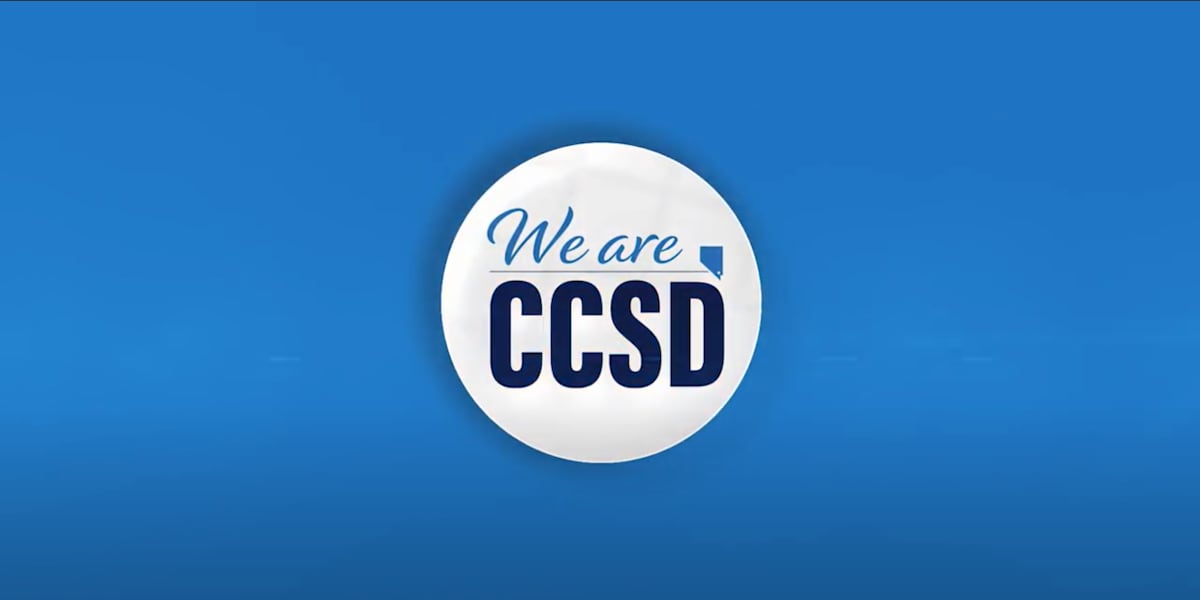Speaking Truth To Power: The Price Of Advocating For Change

Table of Contents
Personal Risks of Advocating for Change
Advocating for change, whether it's fighting for environmental protection, social justice, or economic equality, often involves significant personal risks. These risks can manifest in various ways, impacting different aspects of an individual's life.
Social Isolation and Ostracization
Those who champion unpopular causes frequently face social repercussions. Speaking out against the grain can lead to:
- Losing friends and family: Deeply held beliefs can fracture relationships, leaving advocates feeling isolated and alone.
- Facing social stigma and ridicule: Public shaming and mockery are common tactics used to silence dissent.
- Experiencing online harassment and cyberbullying: The anonymity of the internet emboldens negative behavior, leading to intense online attacks.
For example, activists fighting for LGBTQ+ rights often face intense backlash from conservative communities, experiencing everything from subtle disapproval to overt hostility and threats.
Professional Repercussions
The professional consequences of advocating for change can be severe, sometimes jeopardizing careers and livelihoods. This can include:
- Job loss or difficulty finding employment: Employers may be reluctant to hire individuals perceived as controversial or disruptive.
- Damaged reputation and career setbacks: Public criticism can damage professional credibility, limiting future opportunities.
- Retaliation from employers or colleagues: Whistleblowers, for instance, often face retaliation, including demotions, unfair performance reviews, and even termination.
Whistleblowers who expose corporate wrongdoing often face significant career repercussions, highlighting the substantial professional risks involved in advocating for change within established systems.
Legal and Physical Risks
In some cases, advocating for change can lead to significant legal and physical dangers:
- Arrest, detention, and imprisonment: Civil disobedience and protests can result in arrest and imprisonment.
- Physical violence and threats of violence: Activists are sometimes subjected to intimidation, harassment, and even physical assault.
- Legal battles and financial burdens from lawsuits: Defending oneself against legal challenges can be expensive and time-consuming.
Environmental activists protesting against deforestation, for example, may face arrest and imprisonment for trespassing or disrupting operations, illustrating the potential for severe consequences.
Systemic Barriers to Advocating for Change
Beyond personal risks, systemic barriers actively hinder efforts to advocate for change, creating significant challenges for activists.
Power Imbalances and Oppression
Existing power structures often work to maintain the status quo, silencing marginalized voices. This includes:
- The inherent power structures that often silence marginalized voices: Those in positions of power frequently have the means to suppress dissent.
- Systemic biases and discrimination that hinder effective advocacy: Pre-existing biases can limit access to resources and influence.
- Lack of access to resources and platforms for marginalized groups: Limited access to media, funding, and political influence makes advocacy incredibly difficult.
Indigenous communities, for example, often face significant barriers in advocating for land rights due to systemic biases and a lack of resources.
Censorship and Suppression
Governments and powerful entities may actively work to suppress dissenting voices through various means:
- Government restrictions on free speech and assembly: Laws restricting protests and limiting freedom of expression hinder advocacy efforts.
- Media manipulation and control of narratives: Controlling the information flow can shape public opinion and silence opposing viewpoints.
- Online censorship and the suppression of dissenting voices: The internet, while a powerful tool, is also subject to censorship and manipulation.
Authoritarian regimes frequently censor opposition voices and suppress dissent, highlighting the pervasive nature of censorship as a barrier to advocating for change.
Lack of Support and Resources
Grassroots movements and individual activists often face significant challenges due to insufficient support and resources:
- Insufficient funding for activist groups and organizations: Limited funding restricts the scope and impact of advocacy work.
- Lack of access to legal and logistical support: Activists often lack access to crucial legal and logistical resources.
- Burnout and mental health challenges for activists: The relentless pressure and emotional toll of advocacy can lead to burnout and mental health issues.
Grassroots movements often struggle with limited funding and resources, making sustained advocacy efforts incredibly difficult.
The Importance of Perseverance in Advocating for Change
Despite the significant challenges, perseverance in advocating for change is crucial. Success requires strategic planning, collective action, and a commitment to self-care.
The Power of Collective Action
Building alliances and working together amplifies the impact of advocacy efforts:
- Building coalitions and alliances with like-minded individuals and organizations: Collaboration strengthens the movement and increases its reach.
- Utilizing social media and digital platforms to amplify voices: Social media provides powerful tools for raising awareness and mobilizing support.
- Organizing protests, rallies, and other forms of public demonstration: Public demonstrations can draw attention to important issues and pressure decision-makers.
The Civil Rights Movement demonstrated the power of collective action in achieving significant social change, highlighting the importance of collaboration in advocating for change.
Maintaining Resilience and Self-Care
Advocacy work is emotionally and physically demanding; prioritizing self-care is essential for long-term sustainability:
- Building strong support networks with fellow activists and allies: Strong support systems help individuals cope with the challenges of advocacy.
- Prioritizing mental and physical health through self-care practices: Self-care is not a luxury; it's a necessity for sustained advocacy efforts.
- Developing coping mechanisms for stress and adversity: Learning to manage stress and navigate setbacks is crucial for long-term success.
Practicing mindfulness and seeking therapy can help activists manage stress and burnout, ensuring they can continue their vital work.
Long-Term Vision and Strategic Planning
Effective advocacy requires a long-term perspective and strategic planning:
- Developing a long-term strategy for achieving your advocacy goals: Setting clear goals and developing a roadmap for achieving them is essential.
- Utilizing data and evidence to support your arguments: Data-driven advocacy is more effective and persuasive.
- Adapting your approach as needed based on changing circumstances: Flexibility and adaptability are key to navigating the complexities of advocacy.
Successful advocacy campaigns often involve long-term strategic planning and adaptation, showcasing the importance of a thoughtful and flexible approach.
Conclusion
Advocating for change is a crucial yet often challenging endeavor. The price of speaking truth to power can be significant, involving personal risks, systemic barriers, and emotional tolls. However, the importance of perseverance and collective action cannot be overstated. By understanding the challenges and developing effective strategies, we can continue to advocate for a more just and equitable world. Don't be silenced—join the movement and continue advocating for change today. Learn more about effective strategies for advocating for change by exploring related resources and connecting with like-minded individuals.

Featured Posts
-
 Lauryn Goodman And Kyle Walker Unpacking The Italian Relocation
May 24, 2025
Lauryn Goodman And Kyle Walker Unpacking The Italian Relocation
May 24, 2025 -
 La Caduta Delle Borse Analisi Dell Impatto Dei Dazi Ue E Prospettive Future
May 24, 2025
La Caduta Delle Borse Analisi Dell Impatto Dei Dazi Ue E Prospettive Future
May 24, 2025 -
 Heineken Tops Revenue Expectations Reaffirms Outlook Despite Tariff Worries
May 24, 2025
Heineken Tops Revenue Expectations Reaffirms Outlook Despite Tariff Worries
May 24, 2025 -
 Understanding Key Price Levels For Apple Stock Aapl
May 24, 2025
Understanding Key Price Levels For Apple Stock Aapl
May 24, 2025 -
 The Rumored Open Ai Jony Ive Ai Hardware Deal What We Know
May 24, 2025
The Rumored Open Ai Jony Ive Ai Hardware Deal What We Know
May 24, 2025
Latest Posts
-
 Tva Group Restructuring 30 Positions Eliminated Due To Industry Challenges
May 24, 2025
Tva Group Restructuring 30 Positions Eliminated Due To Industry Challenges
May 24, 2025 -
 30 Job Losses At Tva Group Impact Of Streaming Services And Regulation
May 24, 2025
30 Job Losses At Tva Group Impact Of Streaming Services And Regulation
May 24, 2025 -
 Tva Group Ceo Blames Streamers And Regulators For 30 Job Cuts
May 24, 2025
Tva Group Ceo Blames Streamers And Regulators For 30 Job Cuts
May 24, 2025 -
 Tva Group Layoffs 30 Jobs Cut Amid Streaming Competition And Regulatory Pressure
May 24, 2025
Tva Group Layoffs 30 Jobs Cut Amid Streaming Competition And Regulatory Pressure
May 24, 2025 -
 Millions In Losses Office365 Executive Account Hack Exposes Security Gaps
May 24, 2025
Millions In Losses Office365 Executive Account Hack Exposes Security Gaps
May 24, 2025
